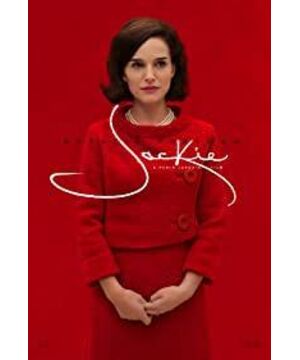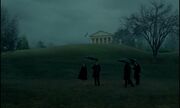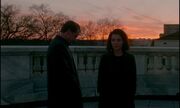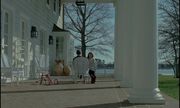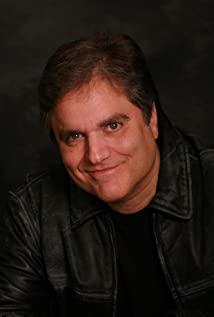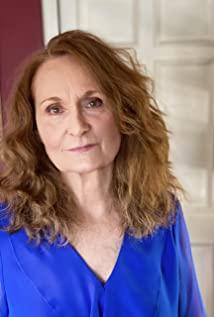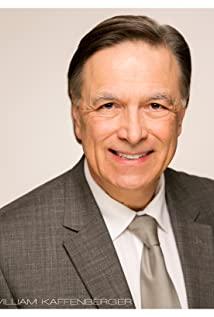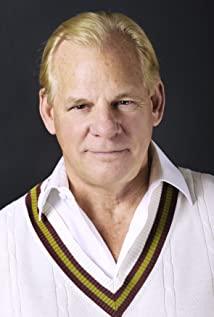The movie is describing how Jackie Kennedy faces the assassination of her husband, President John F. Kennedy, Nov. 22 in 1963. She not only has to accept the fact of her husband's death, but has to move out of the white house in days . She even had to face the pressure of being under the eyes of the entire country and media. Through Theodore H. White's Life magazine interview, the secrets kept deep in the First lady's heart were slowly unveiled.
didn't choose to use the blurry documentary as the assassination process, but chose to recreate the scene. It feels as terrifying as any horror movie, with an ear-piercing gunshot, you see JFK lying lifelessly in Jackie's lap. She carefully picks the brain tissues off from the hood, carrying it in her palms, pressurizing on her husband's wound until they arrive at the hospital. Accompanied with the background music, I could feel Jackie's fear every second.
The camera movement was excellent, using close-ups throughout the movie, shows every delicate detail of Jackie's face and expression. This not only brings out a tension, but also lets the audience fill the character's raw pain. In contrast with the comfortable medium shots of the interview from Times and introduction of The White House, the anxiety feels even more intense.
Everyone must have heard of JFK's romantic affairs, from Marilyn Monroe, Mary Meyer to Mimi Alford, all happened after he was married with Jackie. Although their marriage was known as the century's most compatible match, their love no longer exists between them. One could tell the faint signs from the interview of the magazine in this film. Within these long conversations, their love and relationship between them was rarely brought up, even statements like “rarely spent nights together” were said. Nevertheless, she still took her efforts to let the people and media think that they were the perfect couple, and fought for her husband's name and dignity after his death.
is focused on her emotions and reactions, sad, scared, relieved, devastated, shocked, after the 1963 assassination of her husband JFK, instead of inking the various romantic affairs with her husband's brother Bobby or Marlon Brando, or the marriage with the Greek- Argentine shipping magnate following afterwards.
is such a fascinating movie that we must give credit to Natalie Portman's performance as Jackie Kennedy. There's no bawling melt down scenes in the movie, however, the viewers feel the slight pain Jackie is carrying through her expression and tiny changes shown on her face. Every move or gesture, and the way Natalie talks looks just as the First lady herself. When the part she walks with her husband on the last journey, from the White House to the church, I was drowning in tears.
as a biography, didn't go through her entire life, but cut to the chase and went straight to the key events. Due to this way of shooting, it ignites my interest towards JFK and Jackie's entire life. The whole film aims its focus on the days after JFK's assassination, jamming all the negativity and pressure in this a hundred minutes, to give the audience the profound feeling of high pressure and uncomfortableness, and even experience every shred of emotion Jackie went through after the assassination.
View more about
Jackie reviews


